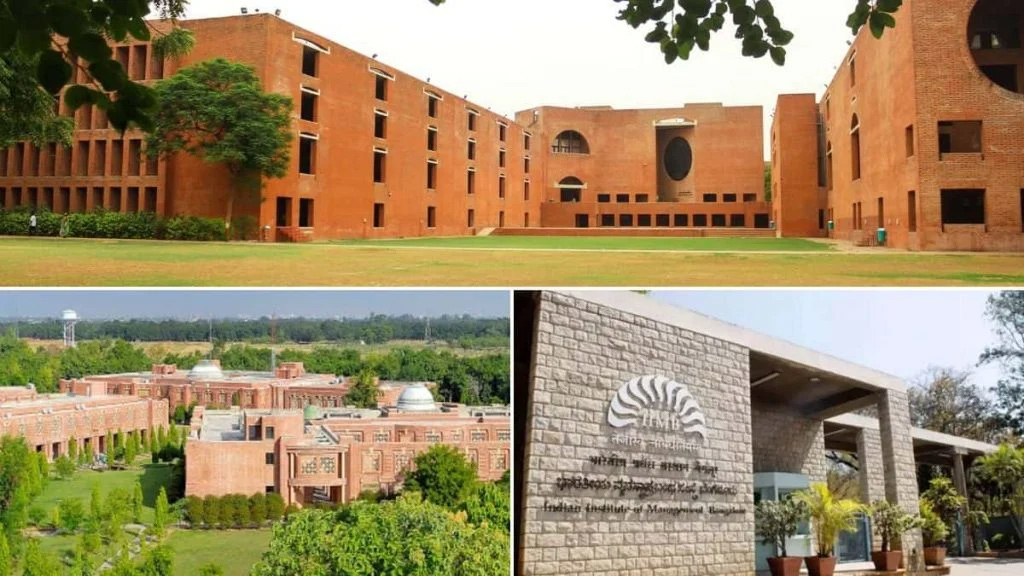-
Study in India +91 94270 77337
-
Study Abroad+91 91739 13939
-
E-mail us info@dishaconsultancy.org
MBA is a two-year postgraduate degree program in India. There are numerous MBA specializations available in India, including finance, marketing, human resources, information technology, operations management, and supply chain management.
On the basis of entrance tests like the CAT, XAT, CMAT, MAT, and GMAT, MBA admission is decided in India. Business law, business ethics, business communication, microeconomics, macroeconomics, accounting, statistics, and mathematics are all covered in the Indian MBA curriculum.
The choice of an MBA specialization is the first and most important stage in the admissions process for an MBA program. This is directly related to the student's choice of career. The candidates' next crucial duty is to choose the right business school with the needed specialization. Students must carefully examine each college they choose to attend, including the entrance requirements, application procedure, cost, location, and the number of seats offered.

Academic qualifications, minimum graduation marks, lower and upper age restrictions, nationality, a valid CAT or other entrance exam score, etc. are all factors in determining eligibility for MBA admissions. Candidates must meet the following eligibility requirements in order to be considered for admission to MBA 2025–26:
In our country, there are numerous government and private B schools and colleges. The majority of these top business schools accept applicants based on their respective MBA entrance examinations, which are then followed by group discussions and personal interviews.
A Post Graduate Diploma in Management (PGDM), which is comparable to an MBA, is also offered by some colleges. The primary distinction between an MBA and a PGDM is that the former is a degree program that can only be provided by institutions affiliated with universities, whereas the latter is a diploma program provided by independent institutions.
The general management and administration of a business organization is the subject of the MBA professional degree program. The 2-year course is broken up into 4 semesters. The MBA course curriculum covers a variety of subjects, including marketing, finance, accounting, and human resource management.
Students can work in a variety of industries after earning their MBA degree, including banking, finance, insurance, etc. They are able to launch their own businesses. Graduates of MBA programs may also pursue a Ph.D. in business administration or management to advance their knowledge. The MBA program has a very broad scope and offers its students fantastic employment options.

| Indian Institute of Management, Kozhikode | IMI Delhi – International Management Institute |
| Department of Management Studies, IIT Delhi | XLRI Xavier School of Management |
| Indian Institute of Management, Indore | VGSOM IIT Kharagpur – Vinod Gupta School of Management |
| National Institute of Industrial Engineering | Shailesh J. Mehta School of Management, IIT Bombay |
| LBSIM – Lal Bahadur Shastri Institute of Management | LBSIM – Lal Bahadur Shastri Institute of Management |
| Institute of Management, Nirma University | Institute of Management, Nirma University |
| Indian Institute of Management, Lucknow | IIM Ahmedabad – Indian Institute of Management |
| IIT Kanpur – Department of Industrial and Management Engineering | Indian Institute of Management, Bangalore |
| Indian Institute of Management, Tiruchirappalli | Indian Institute of Management, Calcutta |
| IIM Udaipur – Indian Institute of Management | DoMS IIT Madras – Department of Management Studies |
| Jamia Millia Islamia [JMI] | Jamia Millia Islamia [JMI] |
| IMT Ghaziabad – Institute of Management Technology | IMT Ghaziabad – Institute of Management Technology |
| Great Lakes Institute of Management | DOMS IIT Roorkee |
| Birla Institute of Management Technology | BHU – Banaras Hindu University |
| IIM Udaipur – Indian Institute of Management | T.A. Pai Management Institute (TAPMI) |
| SPJIMR – S.P. Jain Institute of Management and Research | GIM – Goa Institute of Management |

It is highly recommended that anyone thinking about getting an MBA consider studying in India. This is due to a number of factors, including the programs' high caliber, affordable tuition, and the chance to explore a different culture.
Indian business colleges provide top-notch instruction. They offer a curriculum that is on par with that taught at these institutions, and several of them have affiliations with prestigious international business schools. Additionally, Indian business schools have solid connections with local companies, which allows students to get useful work experience.
Anyone wishing to save money on their education should consider India's MBA programs because they are significantly less expensive than those offered in other nations.
Disha Consultancy is your best option for getting all the assistance you need to enroll in one of India's top management institutes. Our team of knowledgeable counselors assists with the application process and provides parents and children with all the necessary information.
Disha Consultancy, known as the pioneer in the field of education consulting, has successfully assisted over 25000 students in enrolling in the programs of their dreams.
Want to know more about Admissions or Counseling? Contact us now